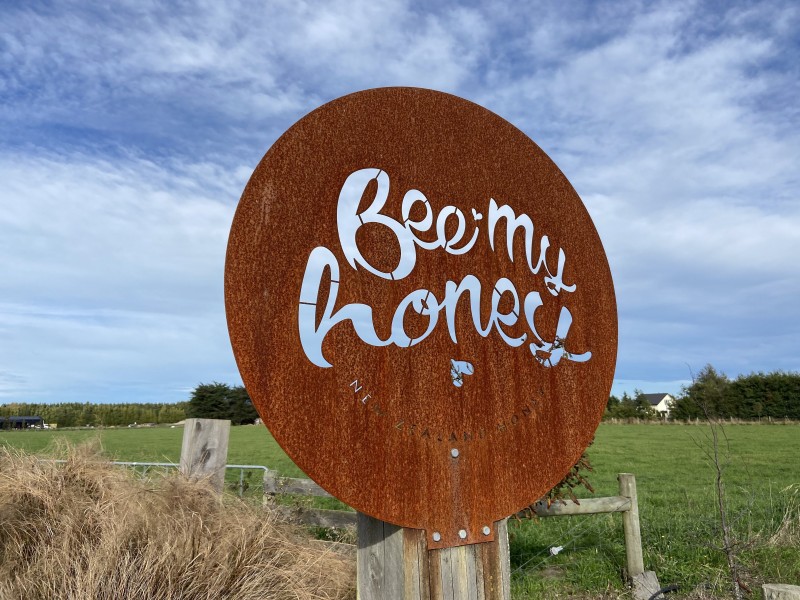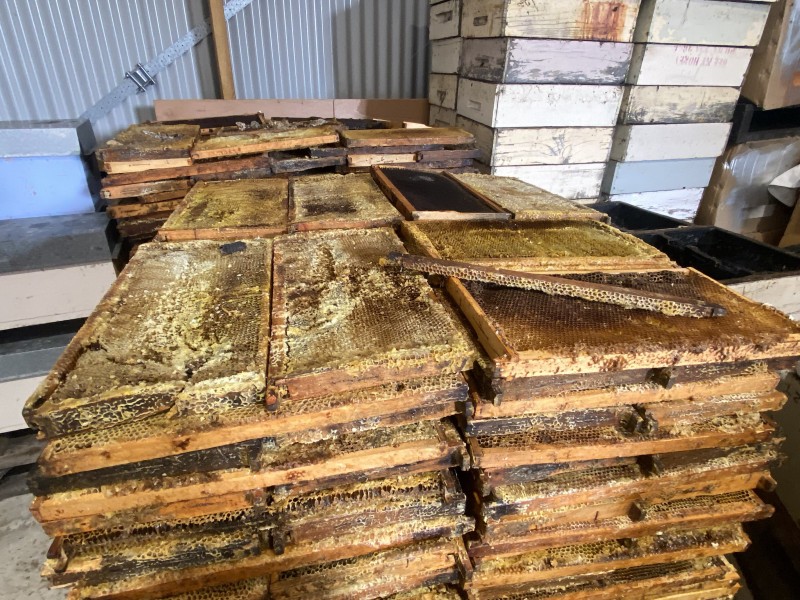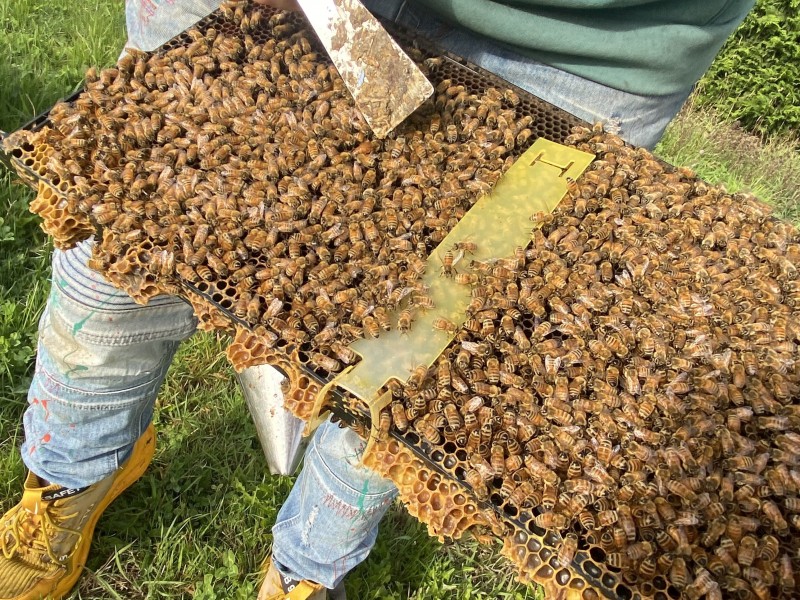Recently The Ministry of Primary Industries (MPI) held a meeting to discuss the use of Actara, a highly toxic neo-nicotinoid pesticide, in New Zealand.
It is being debated whether the chemical will be used as an emergency biosecurity response against the brown marmorated stink bug (BMSB).
If approved, the proposal will be ground-based eradication and targeted aerial spraying, at the highest application rate and highest application frequency.
Dr Catherine Duthie from Biosecurity said the BMSB was extremely dangerous to New Zealand's economy, feeding on over 300 different species of plants.
"In countries where BMSB has become established, it has caused significant economic impacts to a wide variety of crops," she said.
She said Biosecurity had measures in place to prevent the disease from entering the country, however, if an incursion did take place then Actara would be used.
"A multi-pronged approach would be taken to detect, contain and control the incursion, including trapping and controlling with approved insecticides."
She is confident the chemical will be a low risk to bees.
"An initial incursion of BMSB will likely be localised, rather than widespread.
"Therefore, the harm to bees will be localised and minor."
She said beekeepers would be notified and assisted with the removal of hives from the application area.
However, she said the chemical had already been banned in many countries in Europe after its use had a significant impact on insect species over 27 years.
President of GE Free Claire Beakley said the substance was more of a danger to the environment than BSMB.
"Actara is a highly toxic, persistent chemical. It has a long-term threat on aquatic organisms waterways, the environment, and human health," said Beakley.
If used in an orchard, all the fruit for that season would have to be destroyed and nothing harvested for 90 days or planted for 120 days.
That is a direct threat to native bees who nest in the ground and are the main pollinators of New Zealand plants.
Bee My Honey owner Rod Beaver said he was extremely worried for the well-being of all bees.
"The industry is already declining...so I'm scared if Actara is used then it will threaten extinction and an environmental collapse.
"We don’t want a bee colony collapse on our hands."
Dr Ngaire Hart is also concerned people underestimate the power of native bees and everything they do for the environment.
"Many people don’t know where bees are as many species live underground for nine months being completely exposed to this chemical."
She believes more research needs to be done before all native bees are put at risk.
"If our bees become infected then the honey will and hence humans will become sick."
However, this would only occur if an emergency incursion took place which means there is still time to consider different, safer, alternatives.
Beakley hopes MPI will shift its perspective so generations to come will have a safe future.
"I'm extraordinarily upset the ministries are only centring on using hazardous chemicals for their future."
She believes for the sake of our health, we need to respect the diversity of our environment and learn to adapt.



